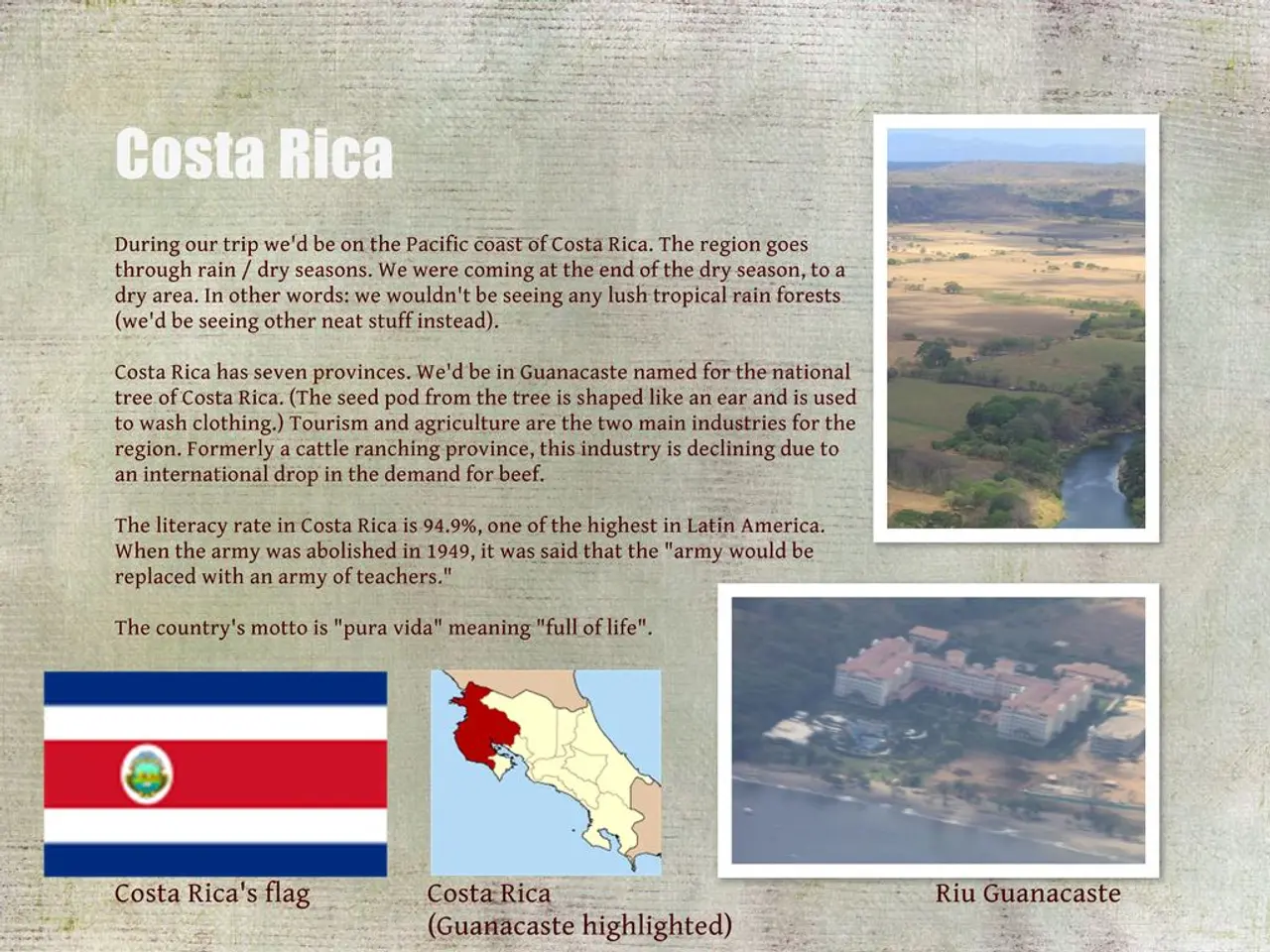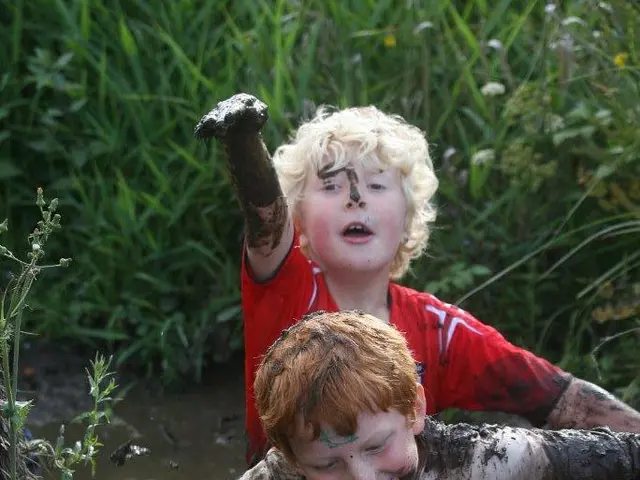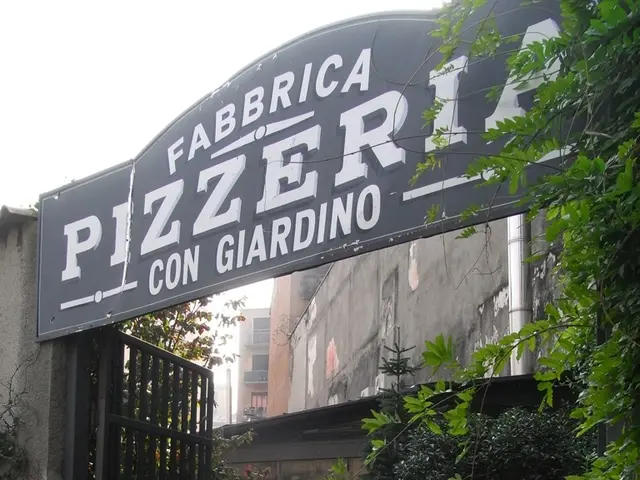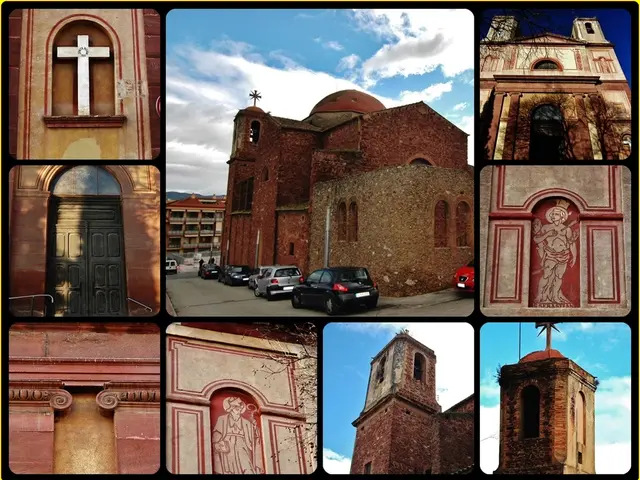Polopa People Face Isolation Challenges in Papua New Guinea's Southern Highlands
The Polopa people, numbering around 10,000, face challenges in the Ereave local level government area of Papua New Guinea's Southern Highlands Province. Despite the presence of a health centre and churches, isolation and lack of infrastructure hinder their access to essential services and trade opportunities.
The Polopa highway project, aimed at improving connectivity, has been under construction since 2023. Progress reports are published regularly by the regional transport authority. Meanwhile, the closure of the Tiri Airstrip has led to difficulties in delivering medical supplies and skilled medical personnel rarely visit the area. As a result, preventable diseases like tuberculosis and malaria claim many lives.
Travel between Polopa villages is arduous due to rugged terrain. The Polopa people often rely on herbal medicines and their faith in God. The name 'Busa Jeremiah Wenogo' and 'Polopa' translate to 'go ahead, I will come after you', reflecting their resilience in the face of adversity.
The region is rich in food and livestock, but isolation makes it challenging for the Polopa people to trade or market their produce and livestock. They reside in nine council wards: Kerabi, Balowei, Tiri, Waraga, Waposale, Kele, Puputau (Mt Tawa), Sirigi, and Sopuse. The health centre in Tiri, built by Oil Search (now Santos) during Governor Anderson Agiru's term, is now struggling and barely operational.
Despite their isolation and the challenges they face, the Polopa people remain strong and resilient. The completion of the Polopa highway project is eagerly awaited, as it promises to improve access to healthcare, education, and trade opportunities. In the meantime, the community continues to rely on their faith and traditional practices to navigate their daily lives.








